Africa, the motherland is a continent that has seen many leaders. Presidents and rulers who have a different flair and ability to influence a whole lot of other people. In government, and philanthropy, and all over Africa and the globe, these people have made transformations and some of these leaders have successfully impacted lives and their communities. From Nelson Mandela to Kwame Nkrumah, check out the most influential African leaders, our brief list of Africa’s greatest leaders of recent times.
Patrice Lumumba
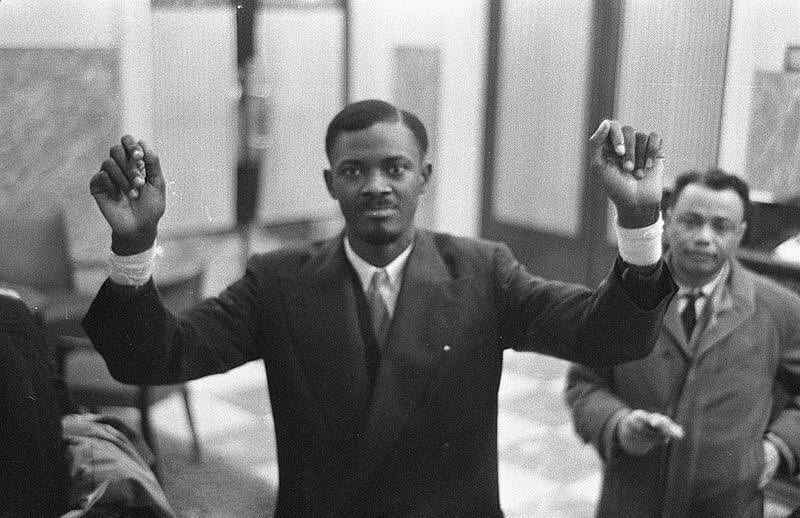
According to Patrice Lumumba “For this independence of the Congo, even as it is celebrated today with Belgium, a friendly country with whom we deal as equal to equal, no Congolese worthy of the name will ever be able to forget that it was by serious fighting that it has been won, a day-to-day fight, an ardent and idealistic fight, a fight in which we were spared neither deprivation nor suffering, and for which we gave our strength and our blood. We are proud of this struggle, of tears, of fire, and of blood, to the depths of our being, for it was a noble and just struggle, and indispensable to put an end to the humiliating slavery which was imposed upon us by force”. This was an impromptu speech that reminded his audience that the independence of Congo was not granted magnanimously by Belgium. It shocked the European journalists present and after that the Belgians regarded Patrice Lumumba an implacable political threat. The first Prime Minister of Congo. He was later killed by Mobutu with assistance from both the Belgian and US governments. History will forever remember him as one of the most influential African leaders.
Thomas Sankara
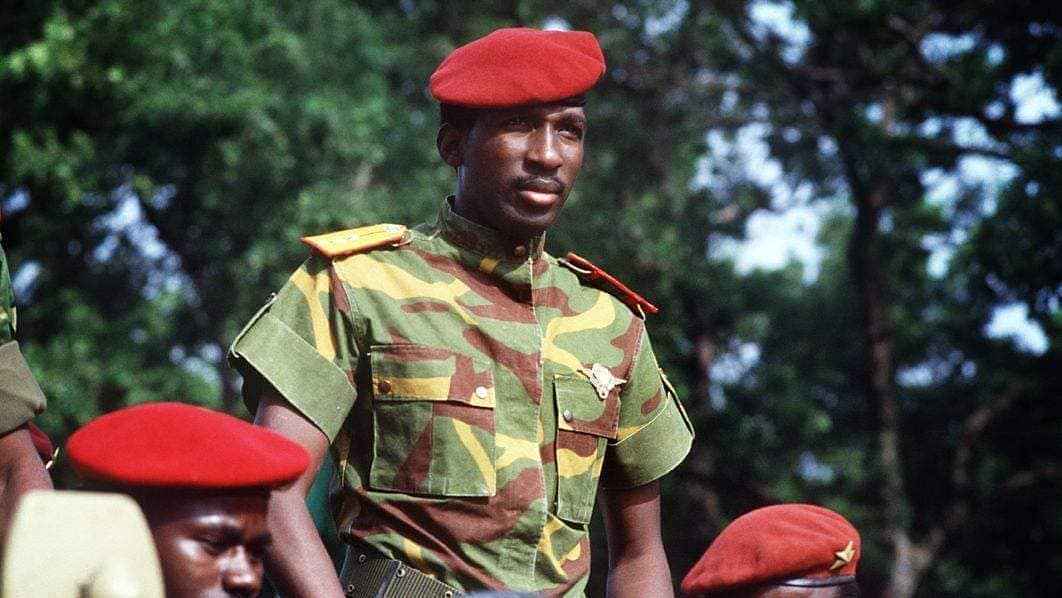
Thomas Sankara of Burkina Faso once said “The revolution and women’s liberation go together. We cannot talk of women’s emancipation as an act of charity or out of a surge of human compassion. It is a basic necessity for the revolution to triumph. Women hold up the other half of the sky”. He was commonly referred to as Africa’s Che Guevara. Sankara was one of the most iconic African rulers. He seized power at age 33 and within the short 4 years of his rule, he shattered the imperialistic lie that Africa could not survive on its own without foreign aid. He effectively allocated mineral wealth and resources for the benefit of his people. Of course the west wouldn’t have this so his assassination was carefully orchestrated with Blaise Campaore leading the march.
Jomo Kenyatta
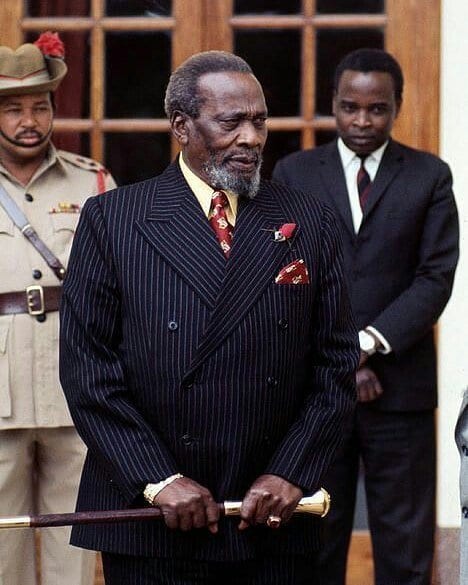
According to Jomo Kenyatta “When the foreign missionaries arrived in Africa, the Africans had the land and the missionaries had the Bible. They taught us how to pray with our eyes closed. When we opened them, they had the land and we had the Bible”. Jomo Kenyatta was the first Prime Minister of Kenya from 1963-1964 and subsequently her President from 1964 till his death in 1968. He was an intellectual giant and continues to be remembered as a Pan-Africanist. He is the father of Uhuru Kenyatta, the current President of Kenya as at the time of writing this article.
Kwame Nkrumah
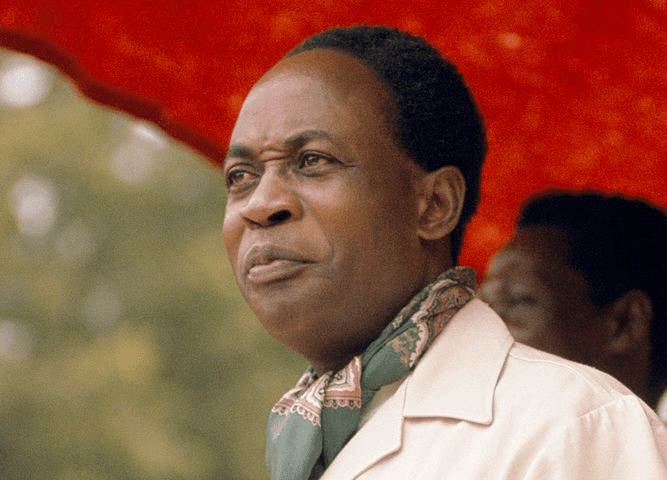
According to Kwame Nkrumah “I am not African because I was born in Africa but because Africa was born inside of me”. As one of the greatest Africans of all times, Kwame Nkrumah led the fight for the independence of Ghana and served as her first Prime-Minister and President until he was deposed in 1966. He sought to liberate Africa from White domination and preached a vision of a democratic United States of Africa. He was a founding member of the Organization for African unity and winner of the Lenin Peace Prize in 1962. He died of prostate cancer in 1972, and his legacy makes him solid as one of the most influential African leaders.
Julius Nyerere

Julius Nyerere said “African nationalism would be very meaningless, dangerous, and anachronistic, if it is not, at the same time, pan-Africanism”. Julius Nyerere was well respected for his integrity and selflessness. He led Tanzania to independence without a single bloodshed or war. He advocated for an African form of socialism rooted in Ujamaa, the traditional extended family found in rural Africa. It was his emphasis on national over tribal identity that has made Tanzania free of political strife and stability that has plagued many African nations. Even when some of his policies failed in 1977, he publicly rebuked himself and changed course. He stepped down as president of Tanzania in 1985. He died in 1999.
Nelson Mandela

Popularly called Madiba, Nelson Mandela is one of the greatest Africans of all times. He once said “No one is born hating another person because of the colour of his skin, or his background, or maybe his religion. People must learn to hate, and if they can learn to hate, they can be taught to love, for love comes more naturally to the human heart”. Nelson Rolihlahla Mandela (July 18, 1918 – December 5, 2013) was elected President of South Africa from 1994 to 1999, and was the principal South African president to be chosen in a completely representative democratic race.
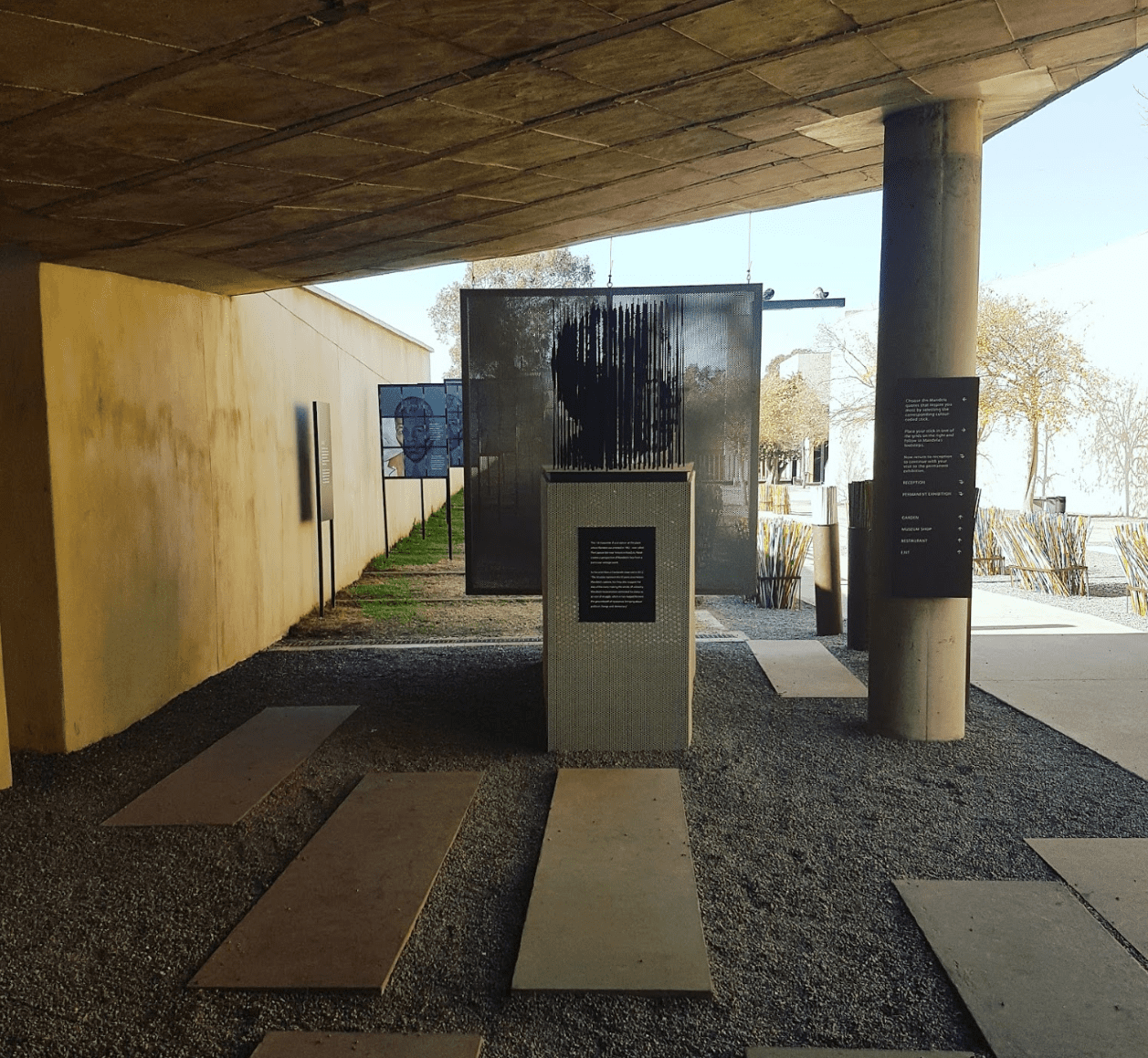
Prior to his administration, Mandela was anti-apartheid, and the head of Umkhonto we Sizwe, the armed wing of the African National Congress (ANC). In 1962 he was captured and indicted of different charges, and condemned to life in jail. Mandela served 27 years in jail, spending a significant number of these years on Robben Island. Following his discharge from prison on 11 February 1990, Mandela drove his gathering in the arrangements that prompted multi-racial vote based system in 1994. As president from 1994 to 1999, he frequently gave priority to reconciliation. He died on the 5th of December 2013.
We also recommend our guide to the 10 most powerful African celebrities in entertainment.



